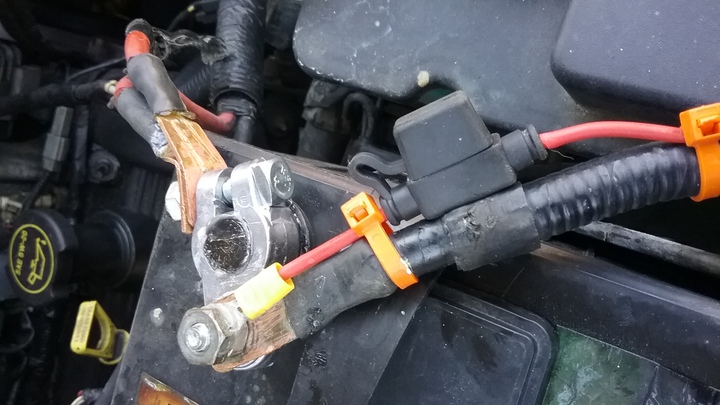showcrop
Well-known Member
Like me you may have noticed a regular appearance of requests for help with a tractor that doesn't want to start, accompanied what appears to be slow cranking, which may be accompanied by a hot terminal which is of course an indication of electrical resistance. The owner is usually told that he needs to have the correct, adequately sized terminals in good clean condition. Now sometimes the owner will clean the terminals and get his tractor started, but often he will claim that the terminals are clean, he already checked, and will proceed to ask about all the other possibilities, some very much off the wall, saying this seems weak, or that is blue and shouldn't it be green? and shouldn't he put a few hundred dollars worth of new parts into it? Some times the owner finally just goes away mad. Well, my experience is that battery and starter terminals, are subject to unseen arcing due to perhaps being slightly loose or perhaps even a little oxidation due to weathering. These connections of course carry very high current, and if the surface area of the connection is not adequate to carry the current, I believe that a little unseen arcing takes place, which puts even more insulating oxide in between the terminal and the post. When I clean a battery terminal I use the wire brush tool on the post, and my pocket knife on the inside of the terminal and change a gray surface to a shiny silvery one. Same as the one on the starter terminal. I scrape the gray off. Here is my point: The casual tractor guy or newbie looks at it and it looks clean, but he is really looking at insulating oxide, and needs to be told that he needs to make it silvery shiny clean.


